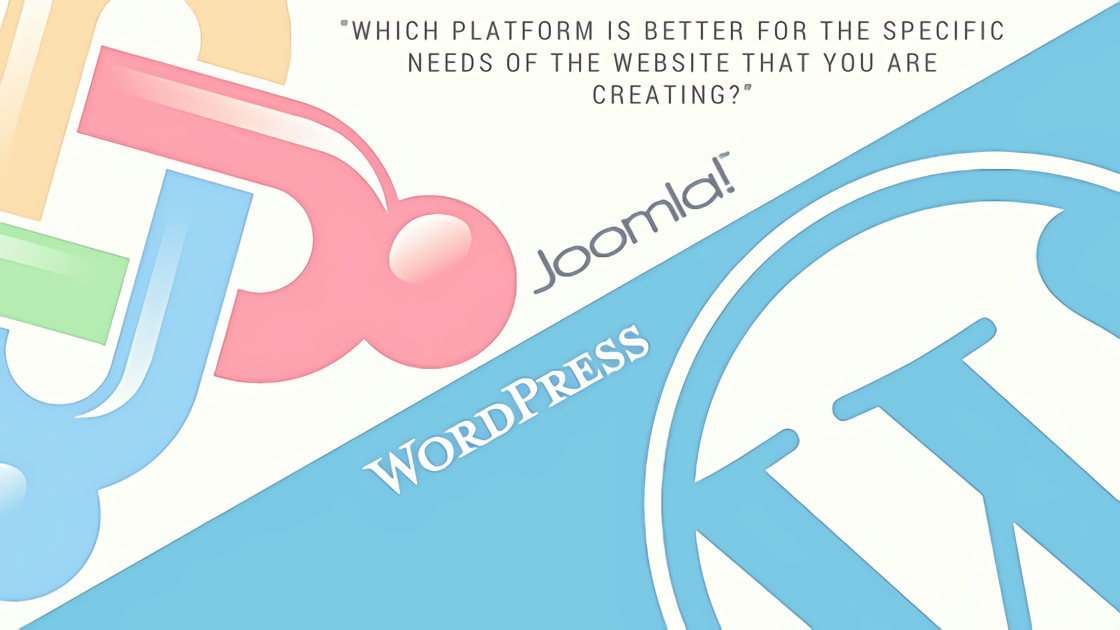
When trying to decide which Content Management System (CMS) to use to build your website, it’s important to do your research. While there are many CMS’s to choose from, we’d like to focus on two of the most popular, Joomla and WordPress.
Although there are many benefits to using either Joomla or WordPress there are also disadvantages that come with each. In this post, we will give you a little insight of some of the pros and cons that come with both Joomla and WordPress.
Essentially, Joomla is not exactly for beginners as you need to have a good experience and sufficient understanding of various coding languages such as CSS, HTML, JavaScript, and PHP to handle this framework!
Now that we know the Pros and cons to both Joomla and WordPress, it’s up to you to decide which CMS you’re going to choose! Choosing which CMS to use for your next web project is an important decision. Your choice will have a huge impact on the way you manage your website, as well as what features are available to you. In this case, both options are top-notch, but you’ll want to get to know them before settling on one.
Web development beginners will feel more at home using WordPress, thanks to its in-built dashboard and theming system. However, that doesn’t mean that Joomla is a lesser choice. In fact, Joomla offers more features than WordPress out of the box, but it’s a bit harder to get started with if you don’t have much experience using CMS’s. Fortunately, no matter which platform you choose, you’ll have plenty of options for extending its functionality.
Interested in website development?
Learn more about our website design services, suitable for new and existing website projects